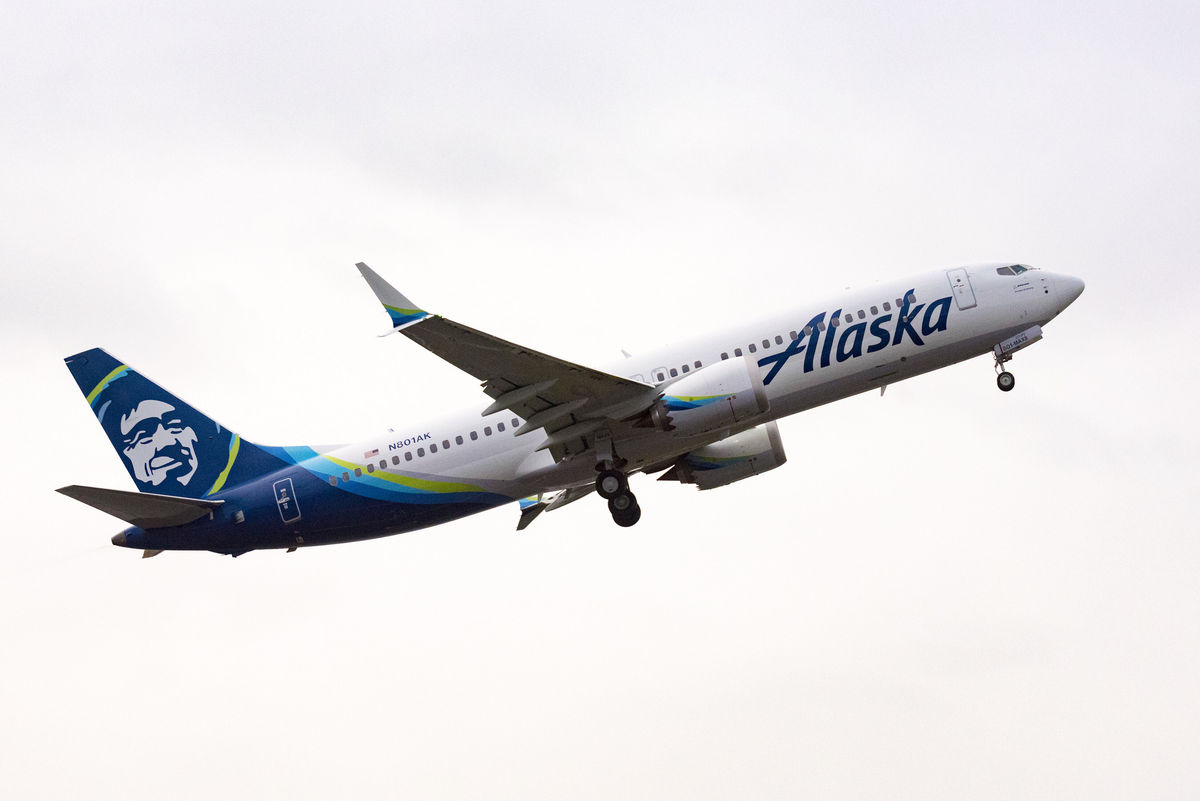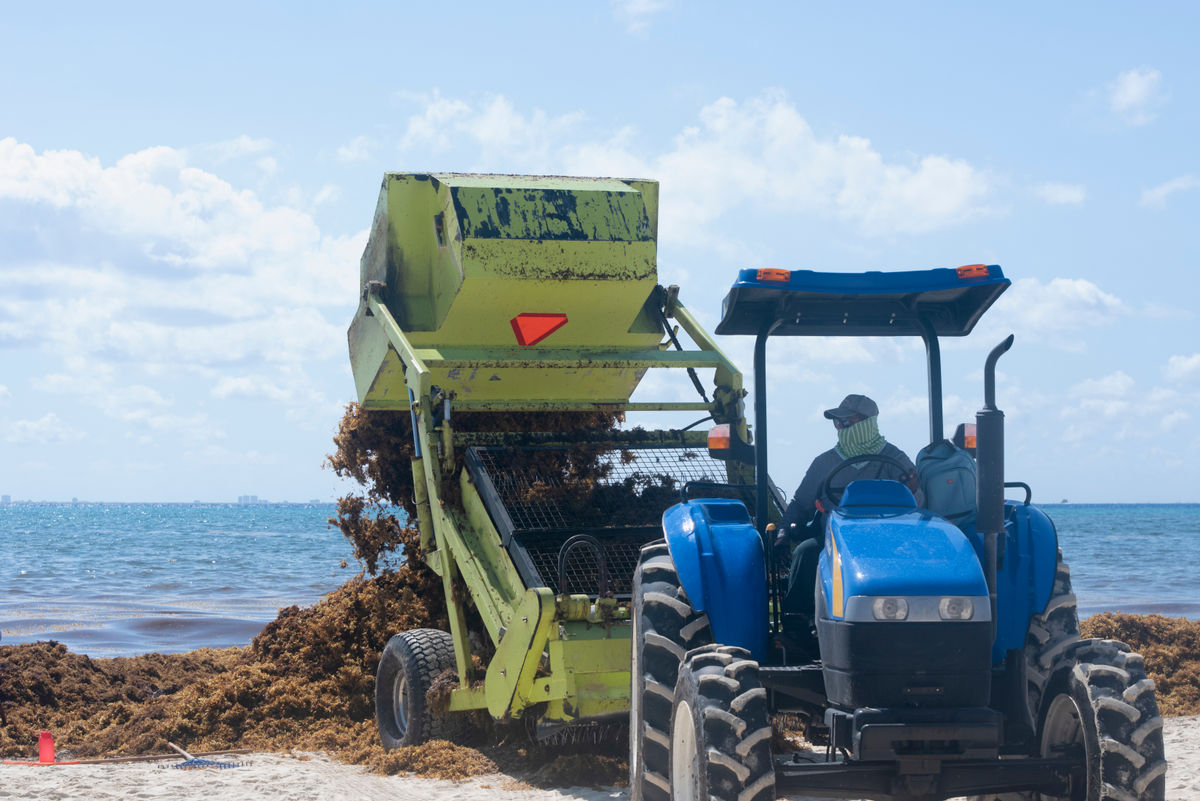The act of leaving home and traveling can bring on many anxieties, perhaps none more crippling than the lump in your throat you may feel in the airport security line.
Whether it's the Transportation Security Administration (TSA) amid domestic travel or U.S. Customs and Border Protection (CBP) upon re-entering the country, it's only human to get nervous in these situations.
A new White House administration and controversial policy changes have only made these routine encounters more concerning, but knowing what to expect can relieve much of that concern.
Can TSA Take or Search My Phone?
According to TSA, its "screening procedures are intended to prevent prohibited items and other threats to transportation security from entering the sterile area of the airport," which means this agency focuses primarily on physical threats such as banned items.
A smartphone is not one of those. At most, you may be randomly selected to have your phone swabbed for potential banned substances. An agent may even ask you to turn it on or open an app to ensure that it's working and serves a purpose.
Nonetheless, this is a remarkably rare occurrence and nothing to worry about as agents aren't permitted to go through your device without a warrant.
Therefore, cooperation and asking for clarification is the best course of action if you find yourself in this position.
"I’ve watched them do it and they wipe the front with a little swab, insert the swab in the reader and wait for it to come back clear...annoying but harmless," wrote one Reddit user.
"They just wipe it with a cloth and then test the cloth for explosive residue. I’ve had it happen to me a couple of times over the years," added another.
Being stopped in the TSA line is always annoying, of course, but just remember to be patient to avoid escalating a situation that doesn't require it.
Can Customs and Border Protection Search My Phone?
This is where it gets a little bit more complicated.
Still, if you're a U.S. citizen re-entering your home country, you can return home even if officials seize your phone or request to go through it for any reason.
At any border crossing, these officials can still confiscate your devices, of course, but officials note that "the number of travelers crossing the border that experience a border search of their electronic devices is small. In Fiscal Year (FY) 2024, less than 0.01 percent of arriving international travelers encountered by CBP at a port of entry had their electronic devices search."
If you are one of the very few, cooperate and approve the search to minimize any headaches.
An advanced search will only be conducted if there is reasonable suspicion that you broke the law.
Always be sure to understand your rights and visit TSA.gov or CBP.gov to read up on the latest policies prior to traveling.
For the latest travel news, updates and deals, subscribe to the daily TravelPulse newsletter.
.png)
.png) 1 month ago
5
1 month ago
5








 English (US) ·
English (US) ·  Spanish (ES) ·
Spanish (ES) ·